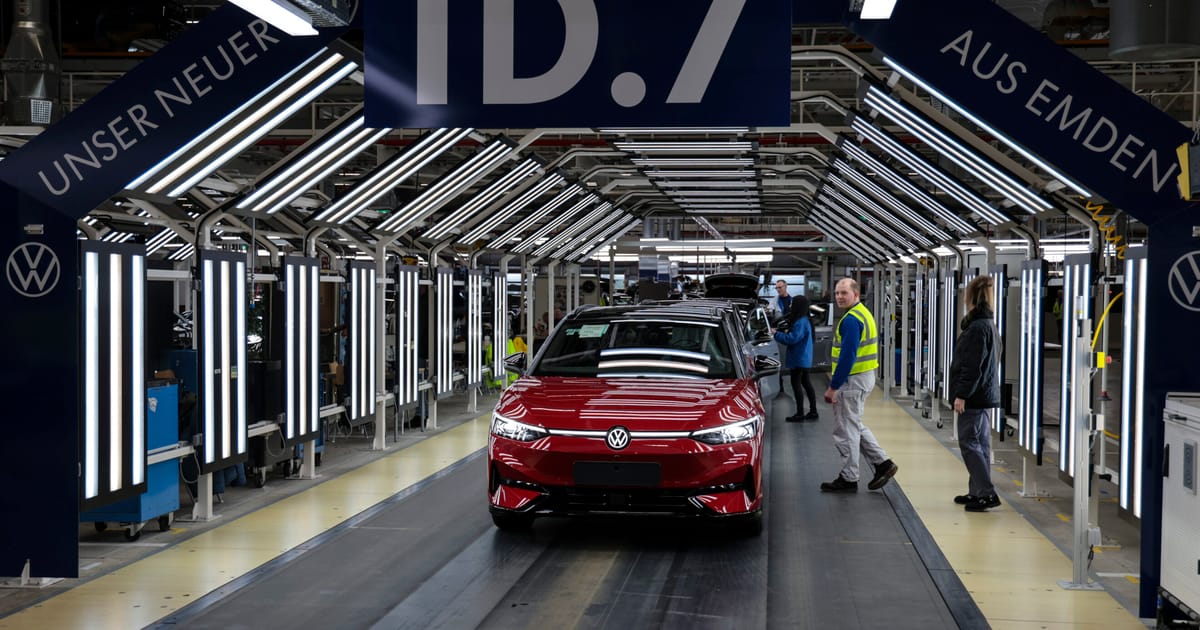United States President Donald Trump’s recent trade war against Canada and Mexico has placed Germany’s Volkswagen in a challenging position. According to JATO Dynamics, 44 percent of the German brand’s cars sold in the U.S. last year were produced in Mexico, a consequence of the highly integrated North American auto market under free trade agreements now disrupted by Trump. The imposition of a 25 percent tariff on goods from Canada and Mexico adds further strain on German automakers, who are already facing shrinking earnings in China due to slowing demand and increasing competition.
Trump’s tariffs counteract a recent win for carmakers when European Commission President Ursula von der Leyen announced leniency on EU emission targets, which would have otherwise cost the industry billions. For years, German carmakers have utilized Mexico as a low-cost production hub, benefiting from its trade deals with the U.S., Latin America, Europe, and the Middle East. The European Union attempted to mitigate some of Trump’s threats by revising its trade agreement with Mexico in January, offering favorable export rates to European vehicle manufacturers.
Volkswagen subsidiary Audi produces its Q5 SUV in Mexico for markets outside China, and the Tiguan SUV, another popular model, is also manufactured there. However, Trump’s tariffs threaten this strategy, with VW shares dropping over 4 percent. The tariffs are also expected to impact U.S. domestic consumption as prices rise, contributing to what analysts term the “Trumpcession.” The Atlanta Fed’s GDP forecasting model recently adjusted its predictions, now foreseeing a 2.8 percent shrinkage for the quarter, compared to earlier growth forecasts.
— news from POLITICO Europe
